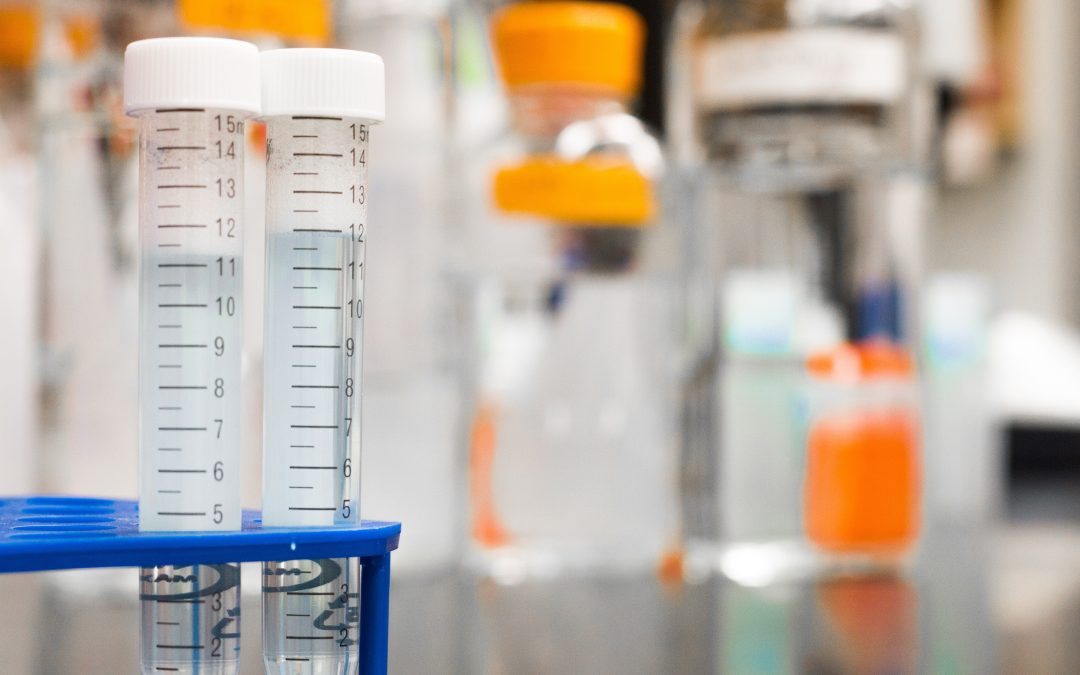Imagine a world where we can prosecute drivers who cause accidents due to a lack of sleep, just as we do with drunk drivers. Well, that future may be closer than we think. Researchers in Australia are currently conducting trials on a groundbreaking blood test that could be the key to holding sleep-deprived drivers accountable for their actions. If successful, this innovative technology could make its way to the UK, empowering law enforcement to identify and take action against drivers who pose a significant risk on the roads. In this article, we delve into the potential of this blood-based test and its implications for road safety.
Sleep-deprived driving is a problem that affects nations worldwide, and the United Kingdom is no exception. Startling government data reveals that up to one-fifth of accidents on UK, motorways are caused by drivers falling asleep at the wheel, with young males between 18 and 30 being particularly vulnerable during late-night drives. These accidents have devastating consequences, resulting in injuries and even fatalities. It is clear that addressing this issue is crucial to safeguarding lives and ensuring safer roads for all.
Currently undergoing trials in Australia and funded by the Office of Road Safety—an equivalent to the UK’s Department for Transport—this blood-based test aims to provide a means for authorities to determine if a driver caused an accident due to sleep deprivation. The proposed scenario envisions drivers who are involved in crashes being tested for sleep deprivation alongside alcohol and drug testing. By identifying specific biomarkers in the blood, this test offers a potential solution for monitoring fatigue-related accidents with the same rigour as we do for drunk driving.
Professor Clare Anderson, an Associate Professor of Psychology at Monash University and one of the researchers involved in the study, emphasises the urgency of addressing fatigue-related accidents: “Fatigue is one of the major killers on the road, but our capacity to manage it is impaired because we lack tools to monitor it effectively.” This blood test presents an opportunity to bridge that gap and revolutionise the way we tackle driver fatigue. Professor Shantha Rajaratnam, another researcher at Monash University, envisions a future where these biomarker-based tests could be implemented within five years with the right investments.
While the proposed technology has garnered growing support, ministers in the UK have not yet committed to implementing it. However, the Department for Transport acknowledges the value of new ideas to enhance road safety. Sonya Hurt, chief executive of the Road Safety Trust, highlights the seriousness of driver fatigue as a significant issue that demands attention. With 467 people killed or seriously injured in fatigue-related collisions in 2021 alone, any efforts to mitigate the impact of sleep deprivation should be welcomed.
Although no laws directly target tiredness as a sole factor in accidents, current legislation allows for charging individuals responsible for fatal accidents with offences such as death by dangerous or careless driving. The successful introduction of this blood test, once proven accurate, could establish a legal framework to hold tired drivers accountable for their actions. Establishing an official threshold to determine tiredness or minimum sleep requirements would be crucial to ensuring fair implementation.
The future of road safety is a dynamic landscape that constantly demands new ideas and innovations. The development of a blood test to detect sleep deprivation in drivers represents a significant leap forward. The preliminary results from Australia’s trials are encouraging, boasting up to 90% accuracy in real-world settings. However, further research and refinement are necessary before implementing this technology on a wider scale. With determination, investment, and collaboration, we may witness a future where our roads are safer, and the dangers of sleep-deprived driving are significantly mitigated. Until then, let us remain vigilant and spread awareness about the importance of getting adequate sleep before getting behind the wheel.
